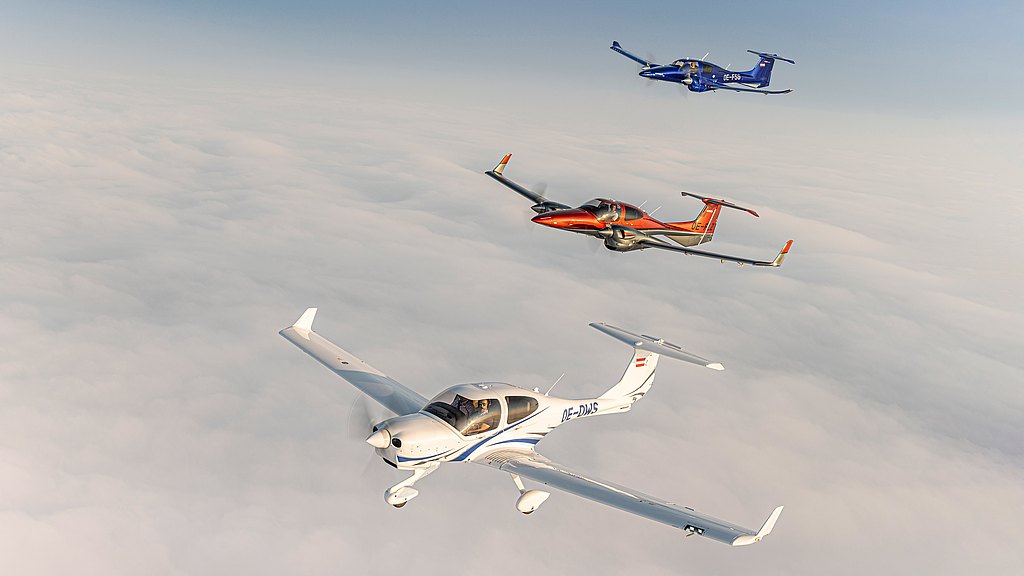In order to validate and approve sustainable aviation fuels that will be available at airports in the future, turbocharged compression-ignition piston engines require not only chemical and calorific analyses but also investigations on component test stands, engine test stands and flight tests. For this purpose, a specially designed engine test bench with full measurement technology has been installed, which is measuring the cylinder pressures in real time with crank angle resolution, the emission components of unburned hydrocarbons (HC), nitrogen oxides (NOx), GHG carbon dioxide and carbon monoxide (CO2, CO). Another special feature is the fuel supply of the engine on the test bench, which was designed to allow a quick change of fuels without having to accept high circulation losses. To be able to perform reproducible measurements with different fuels, which are only available in very limited quantities, the integration of a sophisticated fuel supply system was necessary. However, a detailed analysis of the use of the currently seven approved SAFs according to ASTM D7566 Annex 1 to Annex 7, in Austro Engine’s jet-fuel piston engines in flight has not yet been carried out due to the lack of availability. The company expects to receive certified SAF to be able to start with examinations in May 2023. In addition to preparatory work, the waiting time was spent by successfully investigating alternatives, such as regenerative fuels certified for road application.
“Next to the all-electric eDA40, SAF will become a near term available solution for sustainable aviation,” said Robert Kremnitzer, Head of Design Organization, Diamond Aircraft Austria. “In the piston engine segment, we have the big advantage that most of our existing fleet is already using jet fuel. With this program we ensure, that sustainable alternatives to this fuel types may be used as soon as they become available at airports with General Aviation fuel stations with no or only minor adaptions to the aircraft.”
In order to quickly move forward in SAF research and to achieve the common goal of a sustainable aviation, Austro Engine not only cooperates with our fleet customer Lufthansa Aviation Training, fuel manufacturers and universities, but also with General Aviation partners. Austro Engine is partner of the initiative for aviation fuel based on renewable energy aireg (Aviation Initiative for Renewable Energy in Germany e.V.), which is also driving SAF use for General Aviation piston engines forward.
“We believe the coexistence of several technologies as strategically sensible for General Aviation. Diamond Aircraft is currently developing the eDA40, an all-electric training aircraft, which will be certified in the near future. Austro Engine relies on more than 16 years of experience and more than 2.5 million hours flown with their piston engines,” said Felix Zahradnik, Chief Technology Officer, Austro Engine. “In addition to further innovations in the field of material science and combustion process development, the key to sustainability lies in the type of fuel used. By using regeneratively produced fuels, not only can the existing infrastructure be utilized, but also the CO2 balance significantly and directly influenced. The goal of current efforts is clearly the release of sustainable fuels for currently available Diamond aircraft.”
Diamond Aircraft and Austro Engine anticipate increasing availability of ASTM D7566 SAF blends as a "drop-in" fuel for General Aviation in the coming years and plans to release the entire fleet for this fuel mix by the end of 2025. Significant market penetration of SAFs is expected by 2030 and availability of 100% pure SAFs without blending for 2050.
